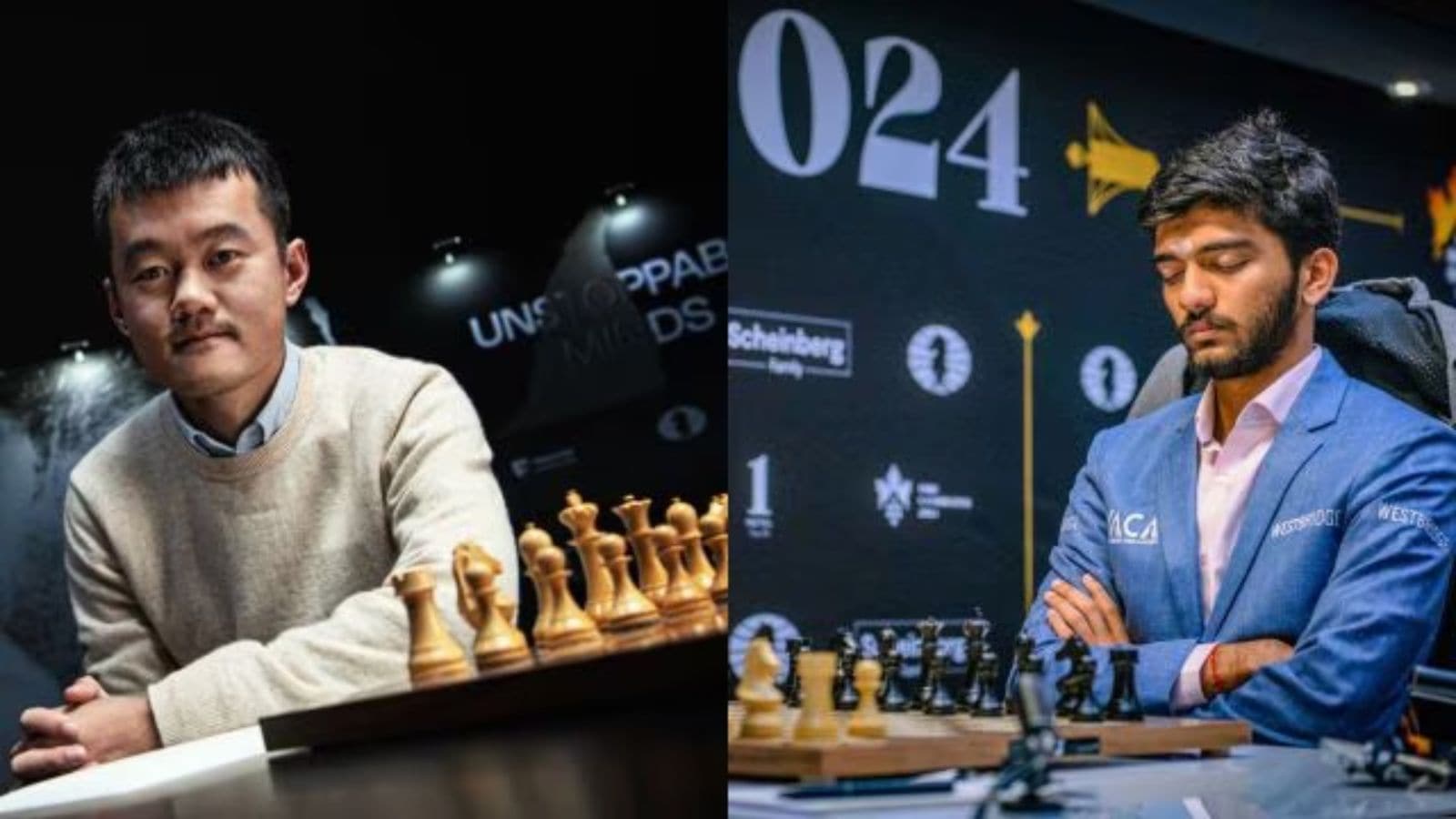Written by Aarav Dengla
The backdrop of the idyllic backwaters of Sentosa in Singapore could not be more different from that of the snow-capped Mount Esja looming over the beautiful city of Reykjavik. But both will soon be bound by a shared history, set over half a century apart. The upcoming clash for the World Chess Championship 2024 title being held in Singapore, between D Gukesh of India and Ding Liren of China, has many similarities with the 1972 clash between Bobby Fischer of the US and Boris Spassky of the then-USSR, played in Reykjavik.
Beyond the chess board, the similarities in the geopolitical backdrop are hard to miss. The 1972 Championship was held at the height of the Cold War between the USA and USSR. Henry Kissinger, then a close advisor on foreign policy to President Richard Nixon, had famously called Bobby Fischer to convince him to continue playing against Boris Spassky. Kissinger understood what a victory against the country then considered to be the factory of chess world champions would do to the psyche of the American public. Fischer beat Spassky to become the world champion and was celebrated and feted in the US upon his return.
India and China are geopolitical rivals competing for the leadership of the Global South in an increasingly multipolar world. It is the first time in history that India and China will be in a direct face-off for the world championship in a major sport. Over a billion hearts will bleed blue to the south of the Himalayas and over a billion hearts will bleed red to the north of the range. The masses and policymakers will be greatly interested in this match. The battle for supremacy on the chess board will metonymise the rivalry between the two great nations in the real world.
On the chess board, there are some hard-to-miss parallels between the 1972 and 2024 clashes. Fischer was in absolute dominant form going into Reykjavik. In the qualifying Candidates Tournament, he decimated Tigran Petrosian (Armenian), Bent Larsen (Danish) and Mark Taimanov (Soviet). He also had a much higher ELO rating vs Spassky at the beginning of the title clash; Fisher at 2785 vs Spassky at 2660.
Gukesh, often dubbed the most serious teenager in the world when on the board, is in devastating form. He barely qualified for the Candidates, but he won it by outsmarting more experienced players like Hikaru Nakamura, Fabiano Caruana, and Ian Nepomniachtchi. His current ELO rating is 2794 vs Ding’s 2727. Comparatively, Ding has struggled since winning the championship last time. He has been in erratic form and inconsistent on the board.
As the youngest ever to play for the title of World Champion, Gukesh is the clear favourite going into the tournament. The odds are on his side. Will he make history by becoming the youngest-ever Chess World Champion? We will find out soon.
Even more exciting would be the prospect of Gukesh winning and prompting Magnus Carlsen, the highest-rated player in chess history ever and arguably the best in the modern era, to come out of self-imposed hibernation to reassert his supremacy. Chess is probably the only sport in the world where the reigning world champion gets to defend his/her title against the challenger. Carlsen, the five-time world champion, refused to defend his title in 2023 citing a lack of motivation driven by the absence of a challenger that excites him. Carlsen had hinted that he would have played to defend his title if Alireza Firouzja of France was his challenger. Gukesh lost to Firouzja in the Candidates, but still emerged as the challenger to incumbent Ding Liren. Will Gukesh emerge as the best today, or will that tag stay with Carlsen? A Gukesh vs Carlsen world championship clash may give us the answer. I will be looking forward to the day the two face off on a chessboard.
The writer is a Chess IM (International Master) and a student in Class 10 at Phillips Academy, Massachusetts



